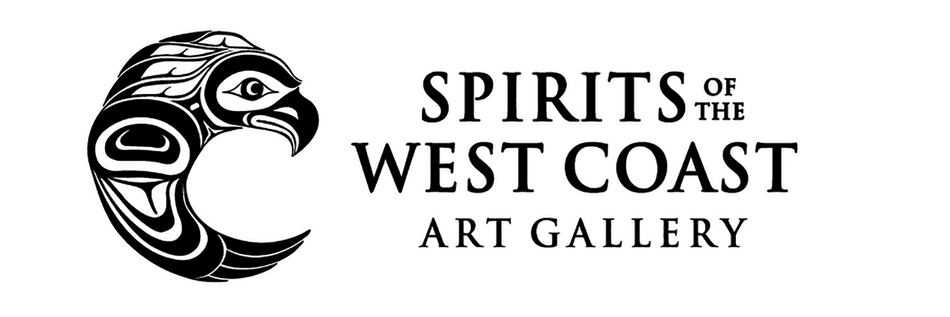
Twin sisters Marlee and Valerie Willier are pumped—more than ever—to become scientists in fields that don’t have a lot of Indigenous representation.
Their own experiences have already shown them that Indigenous people have a unique relationship with science, a sentiment expressed by both Canadian Senator and scientist Dr. Lillian Dyck and Dr. Kim TallBear, Canada Research Chair in Indigenous Peoples, Technoscience and Environment.
The 18-year-old Driftpile First Nation members delayed returning home to Slave Lake so they could attend Dyck’s and TallBear’s two-hour presentation on April 27 at the University of Alberta.
“Even now, the way I approach my labs in chemistry, I may not bring a new perspective, but I bring a whole different way of coming at the lab,” said Marlee, who has just completed her first year of studies in chemistry at UAlberta. She said she looks at her fellow students as a community, “rather than we’re all competing against each other.”
Valerie has completed her first year studying particle physics, also at UAlberta.
“I feel like everyone is trained to think a certain way, but Indigenous people are able to break beyond that. Everything that they approach, they do it in such a fresh way, they’re so in touch with who they are that they automatically get in touch with anything else they tackle,” Valerie said.
“I really loved all the things they talked about, about getting an Indigenous perspective into the lab,” said Valerie.
Dyck said “Mainstream universities are now beginning to recognize the value of Indigenous knowledge.” That knowledge, however, has not been incorporated yet into the way science is taught “or the way we do science, so there’s huge opportunities.”
Dyck has a doctorate in biological psychiatry. She broke ground for both women and Indigenous peoples, and admits she had her struggles with her First Nations side.
Her mother is from the George Gordon First Nation in Saskatchewan and had attended residential school.
Dyck and her older brother were told never to admit they were First Nations. Her mother died when Dyck was 10 years old and her father, a Chinese immigrant, passed away when she was in Grade 12.
Dyck acknowledges one of her teachers for seeing her potential in science. Dyck earned her Ph.D. in 1981, and it wasn’t until then that she “came out of the closet” as a First Nations person.
Since then, she has been a tireless advocate for awareness on the issue of murdered and missing Indigenous women and girls and of Indigenous education.
“Scientific inquiry is all about asking questions and looking for the answers. So you’re going to get different questions, different perspectives from Indigenous peoples who are familiar with their culture,” said Dyck.
TallBear, an associate professor in the University of Alberta’s Faculty of Native Studies, takes that a step further, saying anyone who is not western, white and male offers a unique perspective, including those who are African American, Latino, “queer,” women, and those from impoverished backgrounds.
“What I had actually learned by hanging out with them and listening to the different kinds of questions they ask and the different cultural sensibilities and ethical frameworks that they bring to their science, I learned, in fact, if we can diversify science, I do think we will change it,” Tallbear said.
“It’s kind of weird to think my perspective is totally new, and it’s something that can contribute to quite a bit,” said Marlee, who said she and her sister are the only Indigenous students she is aware of in the faculty of science.
The Willier sisters want to be a part of that Indigenous influence in science. They are the first in their family to attend university. Marlee praises her mother, a social worker on the reserve, for instilling in them the value of education.
Their father is an electrician, and while neither parent has formal training, they have the highest paying jobs in their generation, says Marlee. And, she adds, with a brother in Grade 7 still at home, she wants to be a strong role model for him.
With her science degree, Marlee wants to do research and teach at the university level. For Valerie, grad school is definitely in the picture as she plans for academia and also teaching at the university level.
“I try to keep in mind it’s a privilege for me to be here and I’m just so grateful for me to have this opportunity because I know a lot of people don’t,” said Valerie. She also adds that having a mentor has helped her.
The sisters, who live off campus with a friend, give a nod to UAlberta’s Aboriginal Service Centre for the support they have received, both in school work and connecting them to their culture.
“The Senator said the Creator sort of put this path out for us and we don’t have to push too hard. We just have to trust in him to guide our path throughout our life,” said Marlee.
Read more here.




